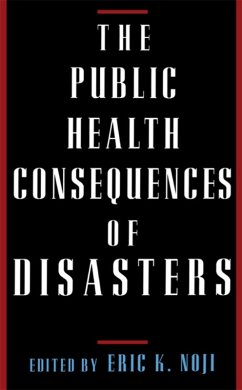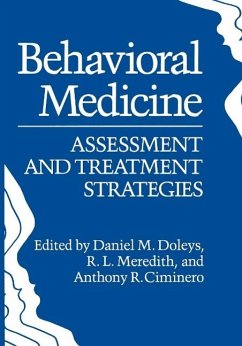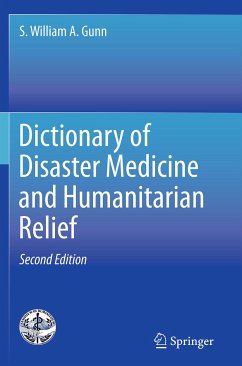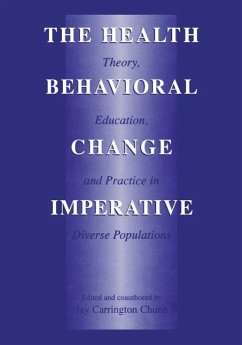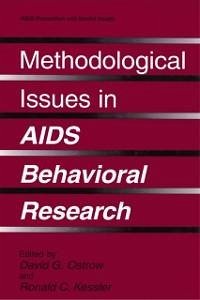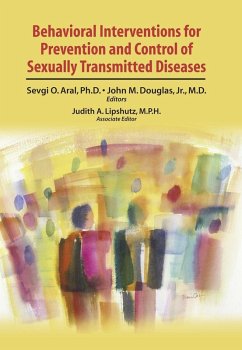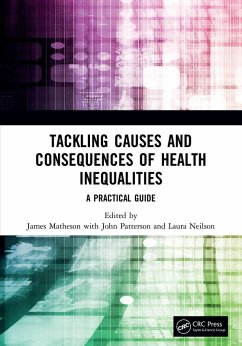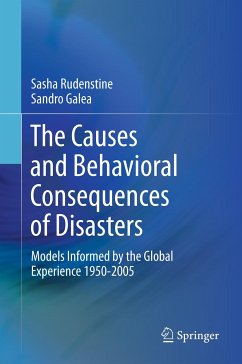
The Causes and Behavioral Consequences of Disasters (eBook, PDF)
Models informed by the global experience 1950-2005
Versandkostenfrei!
Sofort per Download lieferbar
72,95 €
inkl. MwSt.
Weitere Ausgaben:

PAYBACK Punkte
36 °P sammeln!
The Causes and Behavioral Consequences of Disasters brings a public health perspective to the literature, reflecting the increasing importance of the field in both disaster preparedness and disaster response. Arguing that a disaster is not only the event but its aftermath as well, the authors apply salient local content to the study of scenarios ranging from the Cuzco, Peru, earthquake of 1950 to the Columbine school shooting, the Oklahoma City bombing, and 9/11. These case studies form the basis for models of vulnerabilities to disasters and population behavior following disasters, illustrati...
The Causes and Behavioral Consequences of Disasters brings a public health perspective to the literature, reflecting the increasing importance of the field in both disaster preparedness and disaster response. Arguing that a disaster is not only the event but its aftermath as well, the authors apply salient local content to the study of scenarios ranging from the Cuzco, Peru, earthquake of 1950 to the Columbine school shooting, the Oklahoma City bombing, and 9/11. These case studies form the basis for models of vulnerabilities to disasters and population behavior following disasters, illustrating how careful pre-event planning and coordinated post-event response strategies can minimize the initial damage and negative aftereffects. The Causes and Behavioral Consequences of Disasters will further professional discussion and understanding among a wide range of professionals and students across public health, mental health, education, health administration and policy, social work, and the social sciences.
Dieser Download kann aus rechtlichen Gründen nur mit Rechnungsadresse in A, B, BG, CY, CZ, D, DK, EW, E, FIN, F, GR, HR, H, IRL, I, LT, L, LR, M, NL, PL, P, R, S, SLO, SK ausgeliefert werden.




